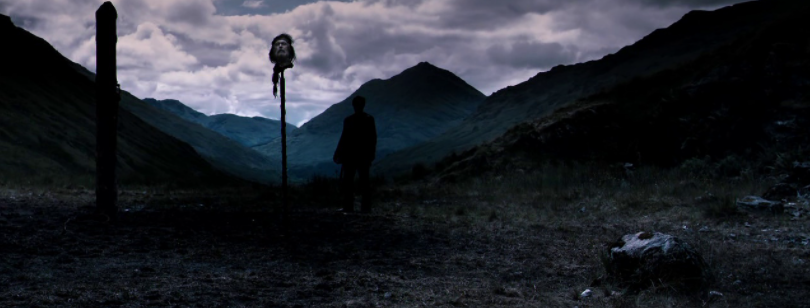Dallas
event guy
- Joined
- Apr 26, 2016
- Messages
- 14,291
- Nebulae
- 81,052
okayon saturday, we game
begin gathering around 7pm, have your game set to the 1.30.6 patch
okayon saturday, we game
begin gathering around 7pm, have your game set to the 1.30.6 patch



fuck forgot to tick middle box lolhttps://strawpoll.com/cgfzhzepx
roll call, if you're still planning on playing the big game fill in your availability and put your country next to your name
you cant get one like that with just religion sadlycan i get a religion version of this?
rest, i will make doyou cant get one like that with just religion sadly
afaik
nothing we cant overcomejust italy on fire
rest, i will make do
[doublepost=1622421413][/doublepost]
nothing we cant overcome

